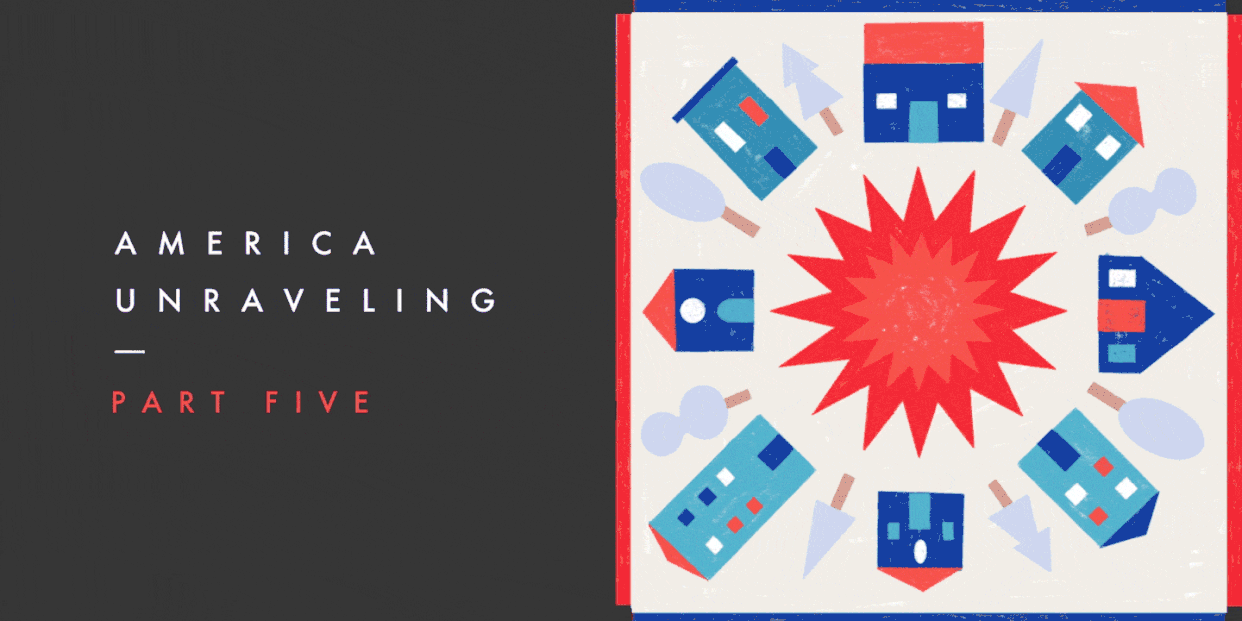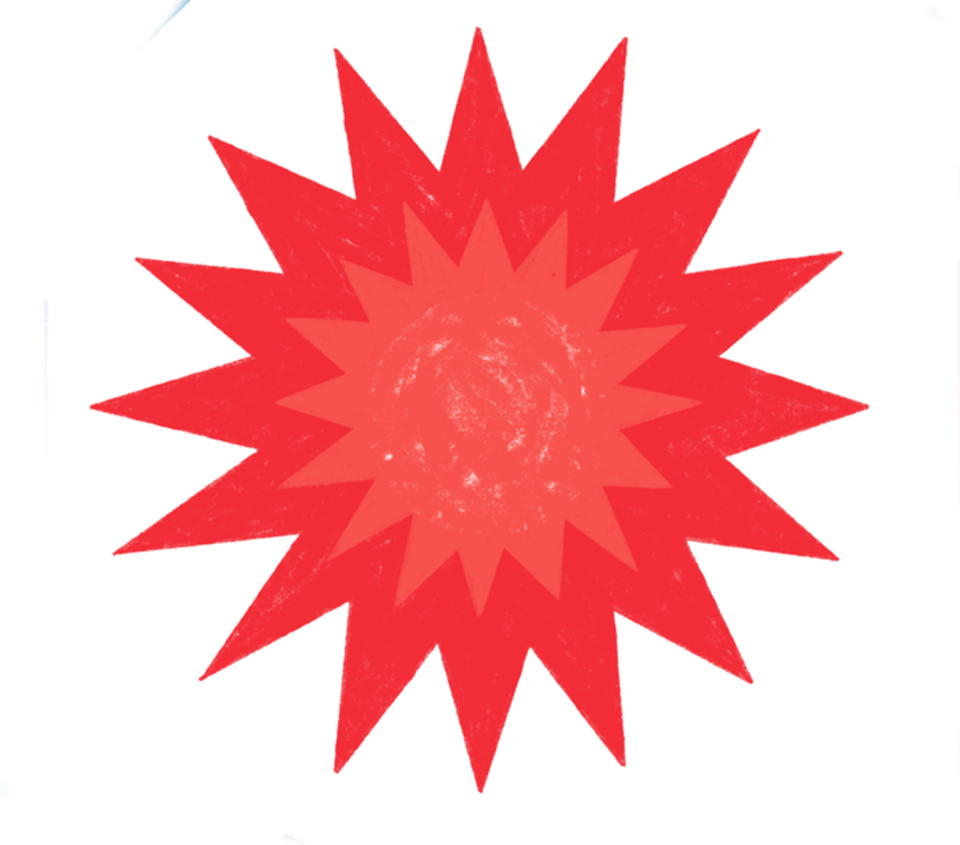Heroin Has Always Been Here. It Wasn’t a ‘Crisis’ Until It Hit White Neighborhoods.

Growing up, I saw other people in my neighborhood who were using heroin. Then I became a heroin user. At one time, heroin was just in the inner city. And now that it's branching out, it's become an opioid ‘crisis.’ Politicians see their sons in college using and want to stop it. They’re losing loved ones because of opiates, so now they want to address it. Is it a little too late? I won't say that, but this has been an ongoing issue in Baltimore. Had they tried to stop it when I was younger, maybe it wouldn't have become as rampant as it is today.
I started using drugs at 14. It began with marijuana and quickly progressed to prescription medication, alcohol, heroin, cocaine. My bottom was when I was living in the basement of a house where we were plugging the holes up to keep the rats out. I looked around one day and thought, "How did my life turn out so bad?"
When I was little, I was really quiet and shy. I have a dark complexion, so I was teased a lot. There was sexual abuse when I was younger, and my mom was an alcoholic, so sometimes it was really chaotic. I'm the oldest of four girls, and I had a lot of responsibility placed on me at a very young age. I became this people pleaser, and I began to let people take advantage of me. At 14, someone asked me to smoke marijuana with them. I had never smoked, but I thought she liked me enough to ask me, so I did it.
Drugs gave me a false sense of courage. Once I got a little bit of freedom, I just wanted to continue to get that feeling. I wanted to block out all the things that I felt and all the things that were bothering me, and the drugs did that.
I went into a treatment facility on December 23, 1997 and stayed for 30 days. I was just so desperate, and I was so willing that I did whatever they had. I spoke to psychiatrists, counselors. I listened to the meetings. I was sharing all the pain, all the things that happened to me during my childhood that I never addressed, which contributed to my drug use. Once I left the facility, I started attending meetings and the 12-step program. My life really took off from there, and I haven’t used since.
Twenty-one years sober, I'm still seeing a psychiatrist and a therapist. In 2013, I was diagnosed with bipolar II, manic depression, and anxiety. I take medication to curb that. Going to therapy boils down to me accepting myself, past and present. I've learned to deal with things differently. Since getting clean, I’ve had two failed marriages. I lost my mom to lung cancer. I had an aunt and several uncles that passed. I couldn't use drugs to get me through. I didn't have the option to shut down. Instead, I can pick up the phone and call my sponsor. I can pray about it. I have these different avenues of dealing with my emotions. I'm not saying that drugs will never be an issue—they're always an issue. It's just that I choose not to go that route.
Now, I work as a certified peer recovery specialist, and my job is to assist people with substance use disorders. You may have someone that comes into the clinic where I work who wants treatment for their alcohol or drug addiction. You may have someone come in with a mental health disorder that requires resources, like a therapist or a psychiatrist. You may have individuals that are looking for housing, for clothing, for transportation. I’ve been in this field for five years, and I have a passion for it, to be able to identify and empathize with people who are going through what I’ve been through. I can be that face of hope to let them know they can get better. Just to be there to encourage them, to motivate them, to assist them in their journey of recovery. Just telling them, "Your life is not over. You can always move forward. And if you have a bad day, you can always start over."
In our program, we have a quote that says, "We did not suffer from a moral deficiency," meaning I didn't lose all my morals when I was using. It was just that the drugs were so powerful in my life that I did things that went against my principles just to get them—but that didn't mean that I lost it all. Even now, I'm so powerful. I'm such a go-getter. I want so much more for my life.
Linette Parrine-Waters, 53, was born and raised in Baltimore. She’s worked for the Baltimore County Health Department, as well as the Institutes for Behavior Resources’ REACH program, helping others with their own substance use disorders. She now works for Step by Step of Maryland.

Read previous: "I Love My Sister’s Children, But I Was Furious She Left Them With Me"
You Might Also Like

